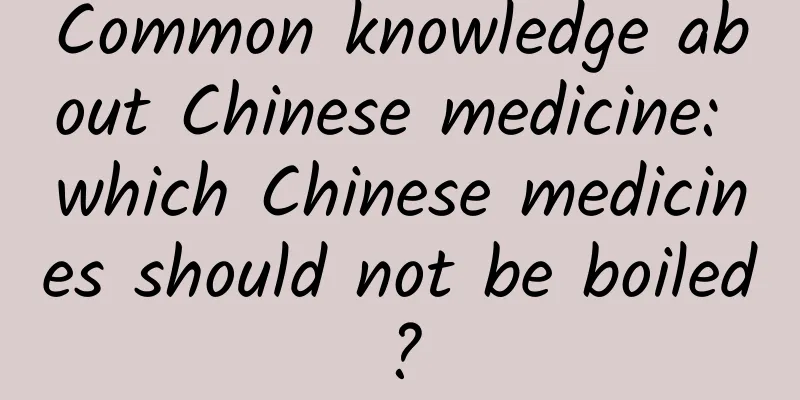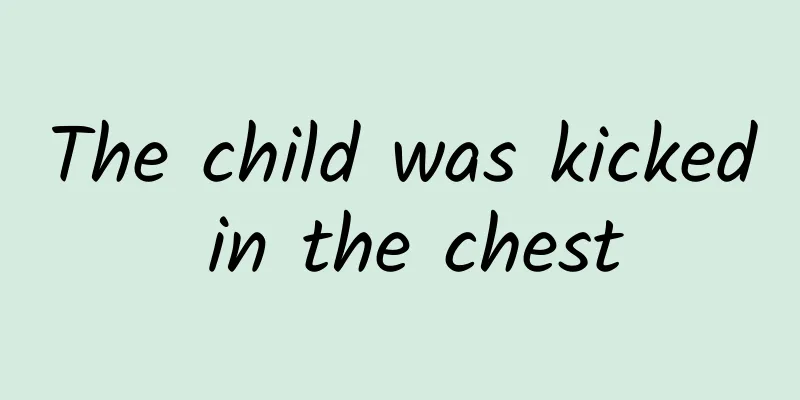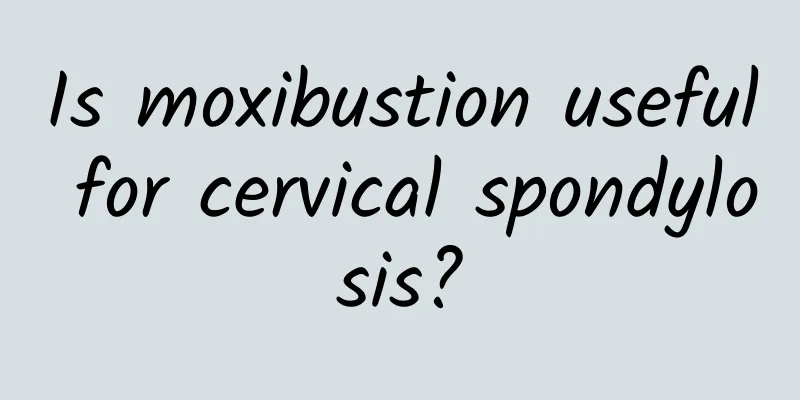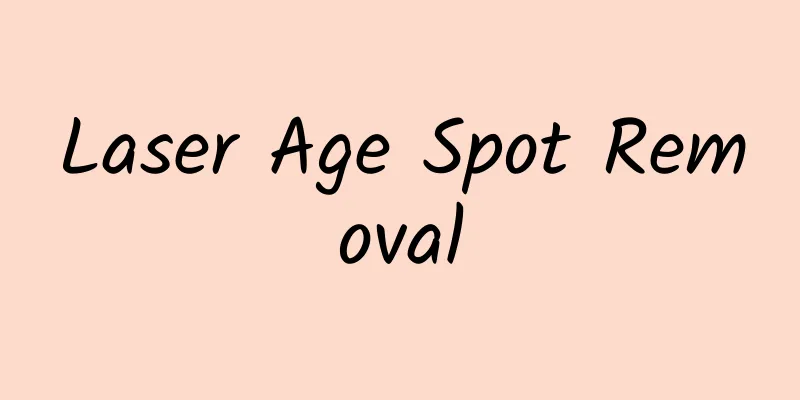Common knowledge about Chinese medicine: which Chinese medicines should not be boiled?

|
Given the way Chinese medicine is taken and its medicinal properties, many people are skeptical about this ancient method. Although there are many controversies about traditional Chinese medicine, after thousands of years of development and inheritance, it cannot be denied by just a few words. Although Western medicine is widely accepted and used in large quantities, it is still powerless to treat many diseases. Therefore, we still need to attach importance to traditional Chinese medicine, understand some common knowledge about traditional Chinese medicine, and master some methods of using traditional Chinese medicine. Perhaps few people would come into contact with traditional Chinese medicine on their own, but some common sense about traditional Chinese medicine must be kept in mind during use. Wrong combinations may not produce the desired medicinal effect or even cause side effects. Today I will briefly introduce the common knowledge of traditional Chinese medicine, and I hope everyone can establish a correct understanding. Chinese medicine that is not suitable for decoction1. Precious medicines The main ingredients of this type of medicine are saponins, proteins, fats, hormones, etc. Since the chemical structure of saponins themselves is relatively complex and proteins are unstable, complex chemical changes will occur once they are decocted, which will affect their efficacy. Therefore, to preserve its effective ingredients, the correct approach is to grind it into powder and take it with water. This type of medicine includes Panax notoginseng, deer antler, placenta, gecko, Cordyceps sinensis, etc. 2. Aromatic Medicine These medicines contain active ingredients that are extremely volatile at room temperature and cannot be decocted at all, otherwise the medicinal effect will be almost completely lost. Therefore, they are not suitable for decocting and are better for making pills or powders or for external use. This type of medicine includes musk, borneol, camphor, styrax, benzoin, etc. 3. Digestive Medicine The main active ingredients of this type of medicine are the active substances contained therein, such as amylase, invertase, protease, etc. in grain sprouts. These substances are not resistant to high temperatures. If they are boiled, their activity will be reduced, which will affect the efficacy. For example, the gastric hormone in chicken's gizzard lining can promote the secretion of gastric glands, but it is easily destroyed by high temperature. If malt sprouts are boiled, their effectiveness will be reduced to 5% of that of dry powder; and the starch digesting effectiveness of malt decoction is only one-third of that of dry powder. Therefore, it is best to use the above-mentioned medicines raw or slightly stir-fry them, then grind them into powder and take them with water. 4. Anthelmintics The main active ingredient of the anthelmintic Lei Wan will lose its activity when heated to 70℃. Therefore, when using Lei Wan for anthelmintic, it must be ground into powder and taken orally, otherwise it will have no anthelmintic effect. 5. Gum Drugs Most of these drugs are high-molecular substances, which become very viscous when dissolved violently in water. If decocted with other drugs, they will easily stick to the pan and burn. Therefore, if it is to be used with other medicines, the other medicines should be decocted first, the residue should be removed and the soup should be taken. Then the gum-like medicine should be added, stirred while hot, and taken after it is completely melted. This type of medicine includes donkey-hide gelatin, tortoise shell glue, etc. Compared with Western medicine, there is much more common knowledge about Chinese medicine. Traditional Chinese medicine emphasizes treatment based on syndrome differentiation. For the same disease, different individuals and different periods of time will require different medications. Therefore, those who frequently use Chinese medicine must have a clear understanding of the common knowledge about Chinese medicine and take it strictly according to the requirements. Traditional Chinese medicine is complicated, so develop a rigorous attitude when using it. If you are unclear, it is recommended to consult a professional. |
>>: TCM health care, what time should you go to bed at night?
Recommend
What to do if you are allergic to ointment and itching
I don’t know if you have noticed in life that man...
What is oral congestion?
Oral congestion generally refers to the oral muco...
What to do if your breasts become inflamed during lactation
I believe all mothers know the many benefits of b...
How to deal with double eyelid scars
After double eyelid surgery, scars are prone to o...
What foods stimulate stomach acid?
Eating food at the wrong time can cause stomach a...
What are the dangers of having a lower placenta?
After pregnancy, the baby is in the mother's ...
What's wrong with feeling dizzy and heavy head?
Dizziness is a very common symptom in life. Dizzi...
What are the functions of Schisandra chinensis?
There are many functions and effects of the osman...
What medicine should I take for diarrhea during lactation?
Women must pay attention to their health during t...
How to take loquat paste to treat cough
Loquat paste is very effective in treating cough....
My wrist hurts, what should I do?
In daily life, we will encounter many bumps and b...
Fruits that relieve cough and reduce phlegm, three kinds of fruits are good for relieving cough
It is common to catch a cold in autumn and winter...
What to do if your child has black diarrhea
Children's bodies are weaker and their resist...
How to get rid of stye, try 4 tricks
The problem of stye mainly appears in the eye are...
What causes eczema in adults?
Many of you may think that eczema only occurs in ...









